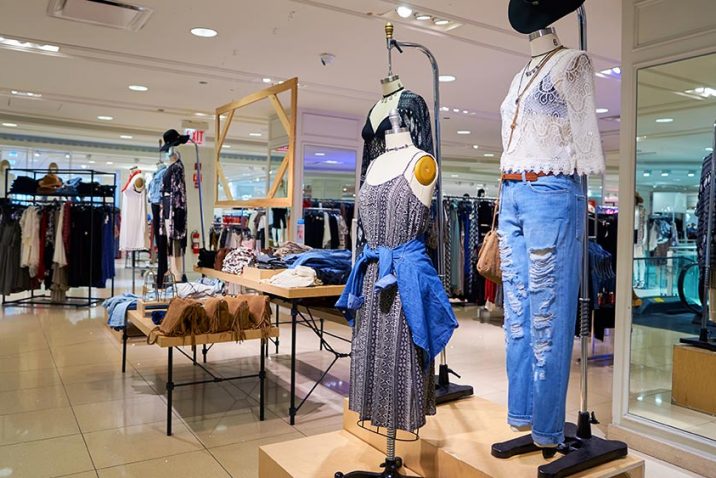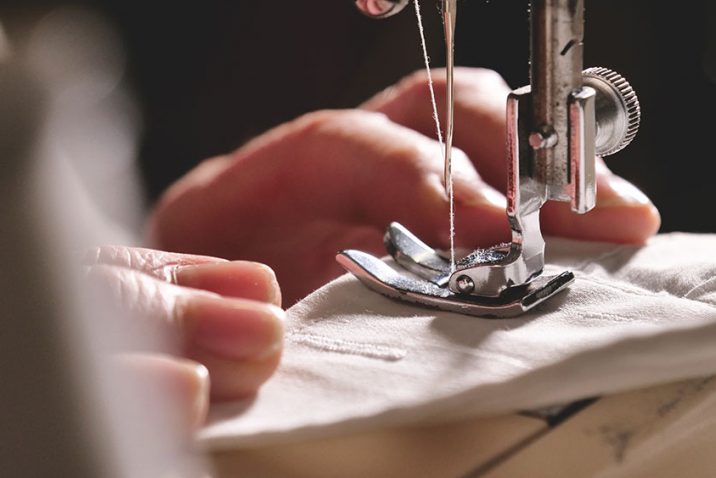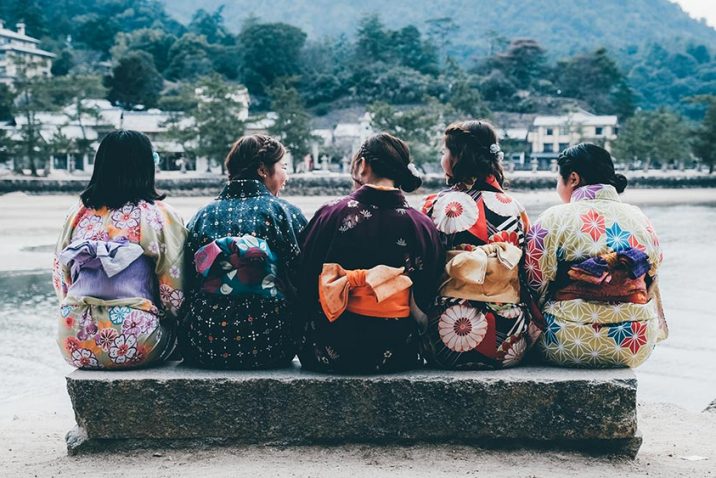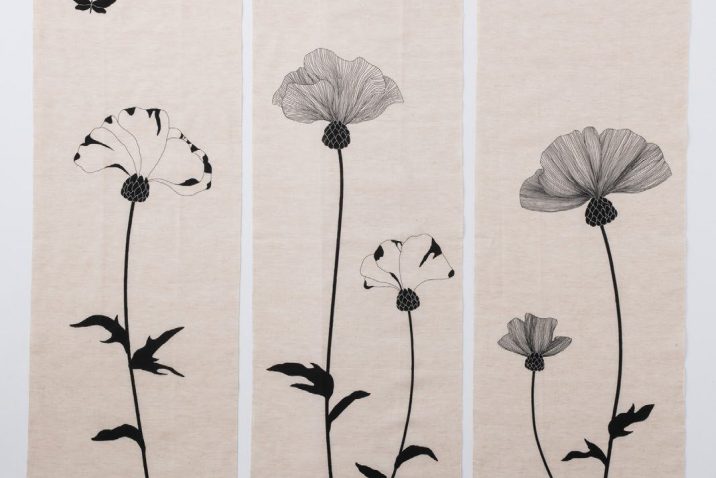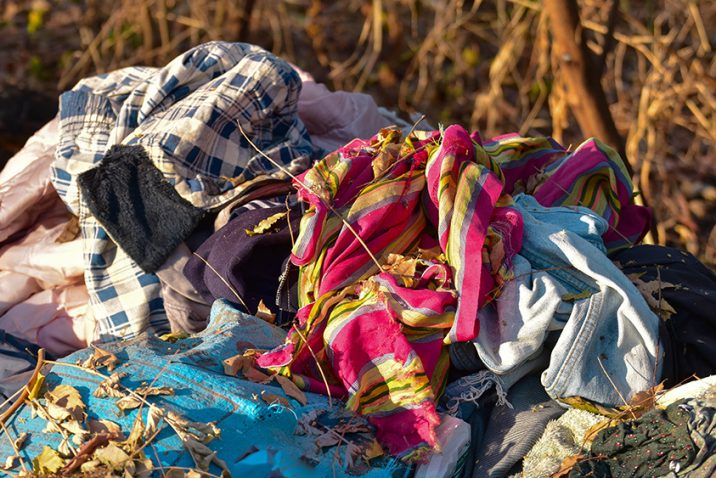About 80% of consumers are willing to buy more eco-friendly and ethical products in Japan. Yet, when we want to eat an organic or plant-based diet, or purchase plastic-free or zero waste products in Japan, we might have difficulties discovering...
Ethical fashion takes social good into account, prioritizing workers’ rights, preventing animal cruelty and caring about the environment. For example, UK-based People Tree has been committed to the principles of fair trade since 1991. The...
Fast fashion offers quick and easy access to trendy, inexpensive pieces but its benefits come at a cost. Cheap clothing is often made from synthetic fabrics such as polyester, nylon and acrylic, which are derived from fossil fuels. Not only that...
Patagonia is a great example of a sustainable business, and in many more ways than the company’s “Don’t Buy This Jacket” advertisement. For safer and fairer working conditions, the company pays premium factories that meet their Fair-Trade program...
Sustainability in Japan may be somewhat of a mystery for those residing outside of the island country. Fortunately, we are here to give you 15 interesting facts about ventures, organizations, and information about the country’s efforts to move...
Have you ever seen a circular symbol made up of blue, representing the sky; black, a person holding one arm aloft; and green, symbolizing growth? Yes, you’ve probably seen it printed on a package of a chocolate bar. It’s the Fairtrade...
Good news for anyone looking to get a waterproof jacket! Sustainable fashion brand Kapok Knot opens its ecommerce site in English today. With strong concepts of ethical fashion and fair trade in its processes, Kapok Knot is a Japanese specialty...
Organic cotton is one of the most sustainable fabrics around, as it is produced without the use of toxic chemicals. This means it leaves less of an environmental footprint compared to conventional cotton. Cotton farmers also benefit from its...
The fashion industry is one of the most wasteful industries in the world. Each year, companies waste a staggering amount of textile to increase profits and sales. Although nearly 100% of textiles are recyclable, nearly 95% of reusable textile is...
A new digital currency was launched in Japan earlier this month that aims to connect fair trade consumers and companies to create a community that can participate in initiatives to counter climate change. It also wants to encourage ethical...




